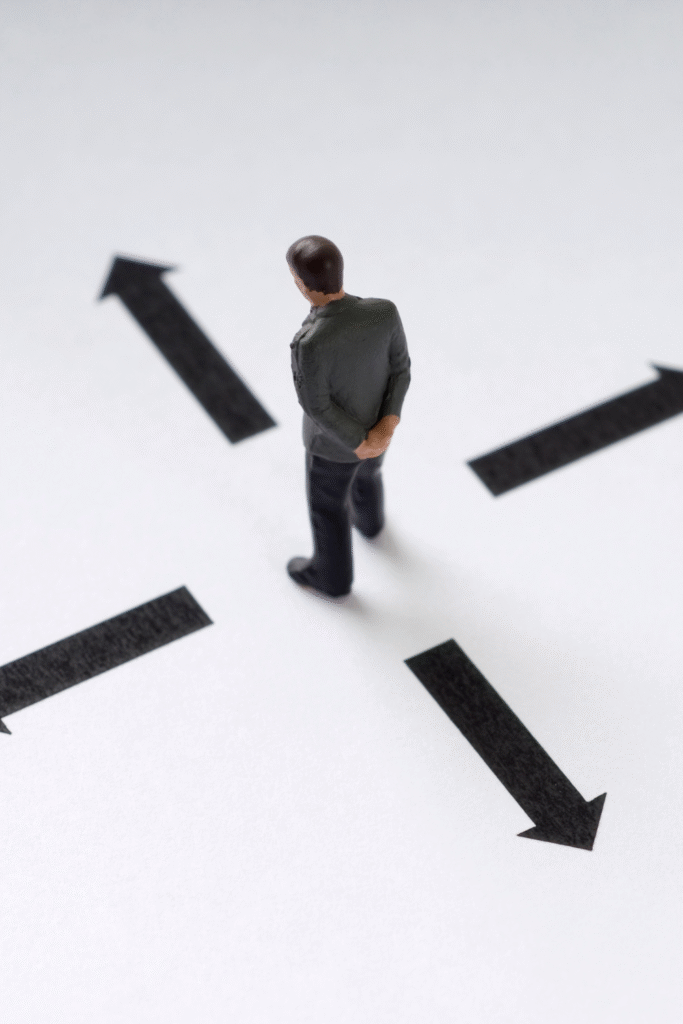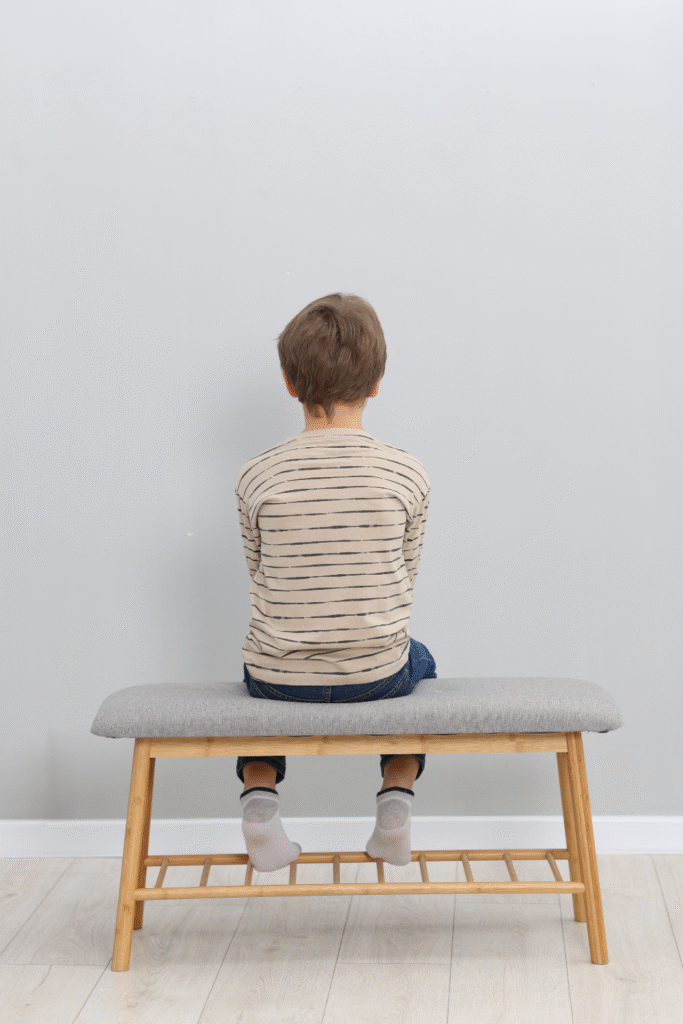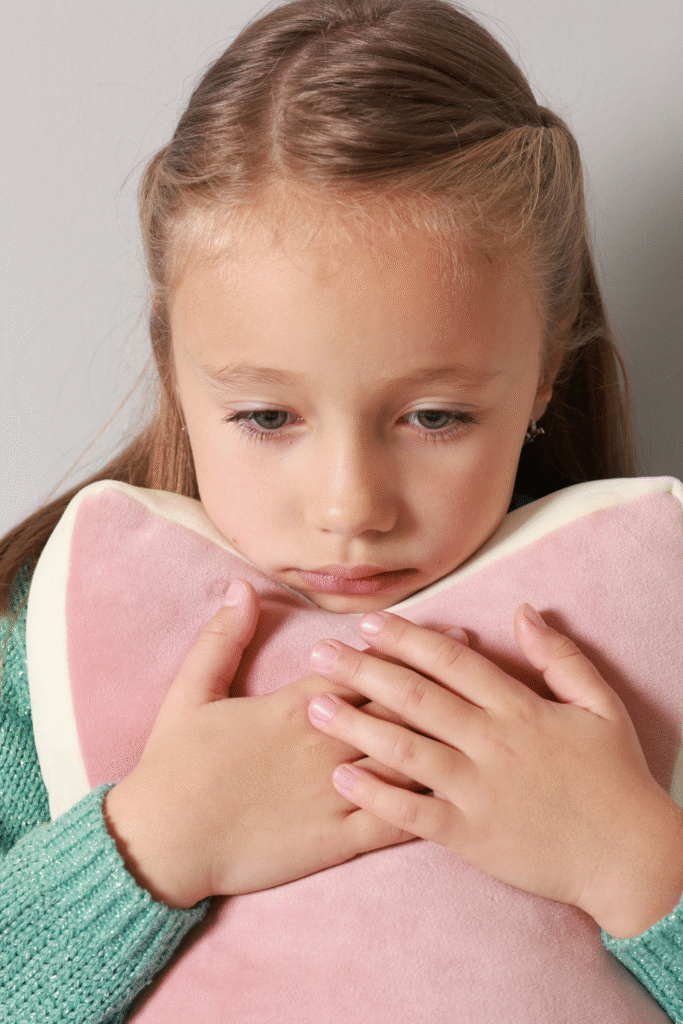Understanding how your mind influences your choices can help you make better decisions, break unhelpful habits, and live more intentionally.
This blog explores the psychology & behavior behind decision-making and sheds light on the factors shaping your everyday choices.
Table of Contents
- Introduction to Psychology and Behavior
- The Role of Cognitive Biases in Decision-Making
- Behavioral Psychology Basics
- The Influence of Habits on Choices
- How Social Factors Impact Decisions
- The Role of Reward Systems in Decision-Making
- Techniques to Rewire Your Decision-Making Process
- FAQs About Psychology and Everyday Decisions
- Final Thoughts
Introduction to Psychology and Behavior
Psychology investigates how the mind processes information and responds to the environment.
Each decision you make is rooted in both your conscious and subconscious mental activity.
Factors like past experiences, emotions, and external cues play major roles in shaping behavior.
Everyday actions—like picking an outfit or ordering food—stem from deeper psychological patterns.
Human behavior is goal-directed, even when the goals are subconscious or habitual.
You often rely on shortcuts, or heuristics, to simplify complex decisions.
Understanding your psychological processes helps you notice patterns in your decision-making.
The mind is constantly balancing logic and emotion when evaluating choices.
Your environment plays into these decisions, nudging you toward certain options.
By exploring psychology, you can recognize how these factors influence your daily behavior.
The Role of Cognitive Biases in Decision-Making
Cognitive biases are mental shortcuts that help you make decisions quickly but not always rationally.
Confirmation bias leads you to favor information supporting your existing beliefs.
Availability bias makes prominent memories influence your current choices.
The anchoring effect causes you to rely heavily on the first number or fact you encounter.
Loss aversion means you fear losing something more than valuing an equivalent gain.
Overconfidence bias can lead to overly optimistic judgments about your own abilities.
These biases are unconscious but can drastically alter your perception and actions.
For instance, how products are priced can exploit cognitive biases for profit.
Understanding these effects makes you more mindful of irrational decision tendencies.
Combatting biases requires critical thinking and deliberate evaluation of choices.
Behavioral Psychology Basics
Behavioral psychology studies how learning and external stimuli shape your actions.
Classical conditioning explains how you associate certain stimuli with specific responses.
Operant conditioning shows that rewards and punishments reinforce behaviors.
Behavioral patterns are often learned through repetition and reinforcement.
For example, a morning coffee habit may form because caffeine rewards you with alertness.
External factors, like advertisements or social approval, can trigger behavioral shifts.
Goal-directed behaviors are guided by feedback loops of reward and satisfaction.
Behavioral psychology helps explain why some habits are hard to break.
Stress and emotional states can override logical thought during decision-making.
Applying behavior-modification techniques can help you replace unhelpful habits.
The Influence of Habits on Choices
Habits are routines formed through repetition that operate on autopilot.
They allow your brain to conserve energy for more complex decisions.
Around 40% of daily activities are habitual, driven by cues like time and environment.
Your basal ganglia, a brain region, governs habit development and maintenance.
Once formed, habits work in a loop of cue, routine, and reward.
Breaking habits requires disrupting this loop and replacing them with new routines.
For example, swapping a nightly snack habit for drinking herbal tea requires consistent effort.
The more emotionally rewarding a habit is, the harder it is to change.
Understanding your triggers is essential to making lasting behavioral changes.
Positive habits, like exercise or journaling, can greatly improve overall well-being.
How Social Factors Impact Decisions
Social psychology examines how relationships affect your choices.
Peer pressure often encourages conformity to group norms, even unconsciously.
Cultural norms shape what’s considered acceptable behavior in different settings.
Social comparison can lead to either motivation or feelings of inadequacy.
Authority figures can influence decision-making through perceived expertise or power.
Even subtle social cues, like body language, affect how you interact with others.
The fear of judgment or ostracism can steer your actions in public spaces.
Social proof validates decisions based on others’ behaviors (e.g., restaurant reviews).
Modern social media amplifies these tendencies, influencing purchasing and lifestyle choices.
Understanding social influences helps you evaluate whether your decisions are truly your own.
The Role of Reward Systems in Decision-Making
Rewards drive behavior by activating the brain’s pleasure and motivation centers.
The neurotransmitter dopamine spikes when you anticipate or achieve a reward.
These rewards can be intrinsic (personal satisfaction) or extrinsic (money, prizes).
Immediate rewards often carry more weight than distant future benefits.
This is why procrastination or impulsive spending is so common.
Delayed gratification, like saving money, requires conscious effort and practice.
Gamification tactics, like earning points, exploit your innate reward-seeking behavior.
Too much reliance on external rewards can reduce intrinsic motivation over time.
Understanding your reward system helps you balance short- and long-term goals more effectively.
Cultivating intrinsic rewards, like a sense of personal achievement, fosters sustainable habits.
Techniques to Rewire Your Decision-Making Process
Start by identifying triggers and patterns behind recurring decisions.
Practice mindfulness to create a pause between impulse and action.
Set clear goals to steer choices in a purposeful direction.
Use visualization techniques to anticipate obstacles and rehearse overcoming them.
Break choices into smaller, manageable steps to reduce decision fatigue.
Implement positive reinforcements to encourage desired behaviors consistently.
Minimize environmental distractions that lead to impulsive decisions.
Surround yourself with supportive influences to reinforce positive habits.
Educate yourself on cognitive biases to make more objective decisions.
Over time, these strategies help rewire your brain for more intentional choices.
| Strategy | Description |
|---|---|
| Simulate Scenarios | Visualize potential obstacles and practice overcoming them. |
| Break Choices into Steps | Divide decisions into smaller, manageable actions to reduce mental strain. |
| Use Positive Reinforcement | Consistently reward actions to encourage the development of desired behaviors. |
| Minimize Distractions | Reduce environmental factors that may lead to impulsive or poor choices. |
| Build a Support Network | Surround yourself with individuals or resources that promote and sustain positive habits. |
| Educate Yourself on Biases | Learn about cognitive biases to make decisions that are more rational and objective. |
| Rewire Through Repetition | Continuously implement these strategies to create intentional and lasting change over time. |
FAQs About Psychology and Everyday Decisions
- What is cognitive bias in decision-making?
Cognitive bias refers to mental shortcuts that influence decisions, often leading to errors in judgment.
- How much of behavior is driven by habits?
Research suggests that about 40% of our daily actions are driven by habits rather than conscious decisions.
- Can rewards positively influence behavior?
Yes, rewards play a key role in reinforcing behaviors, especially when they activate the brain’s dopamine system.
- Why do people act differently in groups?
Group settings often introduce social pressures, norms, and the principle of conformity, affecting individual behavior.
- How do I break a bad habit?
Replace the habit with a healthier alternative, identify triggers, and stick to new routines consistently.
- What role does stress play in decision-making?
High stress can override logical thinking, leading to more impulsive and emotionally driven choices.
- Are impulsive decisions always bad?
Not always—some impulsive decisions, like snap judgments, can be beneficial when based on experience.
- Is decision-making affected by sleep?
Absolutely. Lack of sleep impairs cognitive function, reducing clarity and leading to poorer decisions.
- How can mindfulness improve poor decision-making?
Mindfulness creates a mental pause, helping you analyze emotions and make more intentional choices.
- How does social media influence decisions?
Through algorithms and social proof, social media shapes opinions, consumption, and lifestyle choices.
Final Thoughts
Your mind is a fascinating tool for decision-making, but it’s not infallible.
By understanding the psychological and behavioral mechanisms driving your choices, you can take more control over your actions and live a more intentional life.
It’s not about perfection but awareness—an awareness that helps you align your actions with your long-term goals and values.









